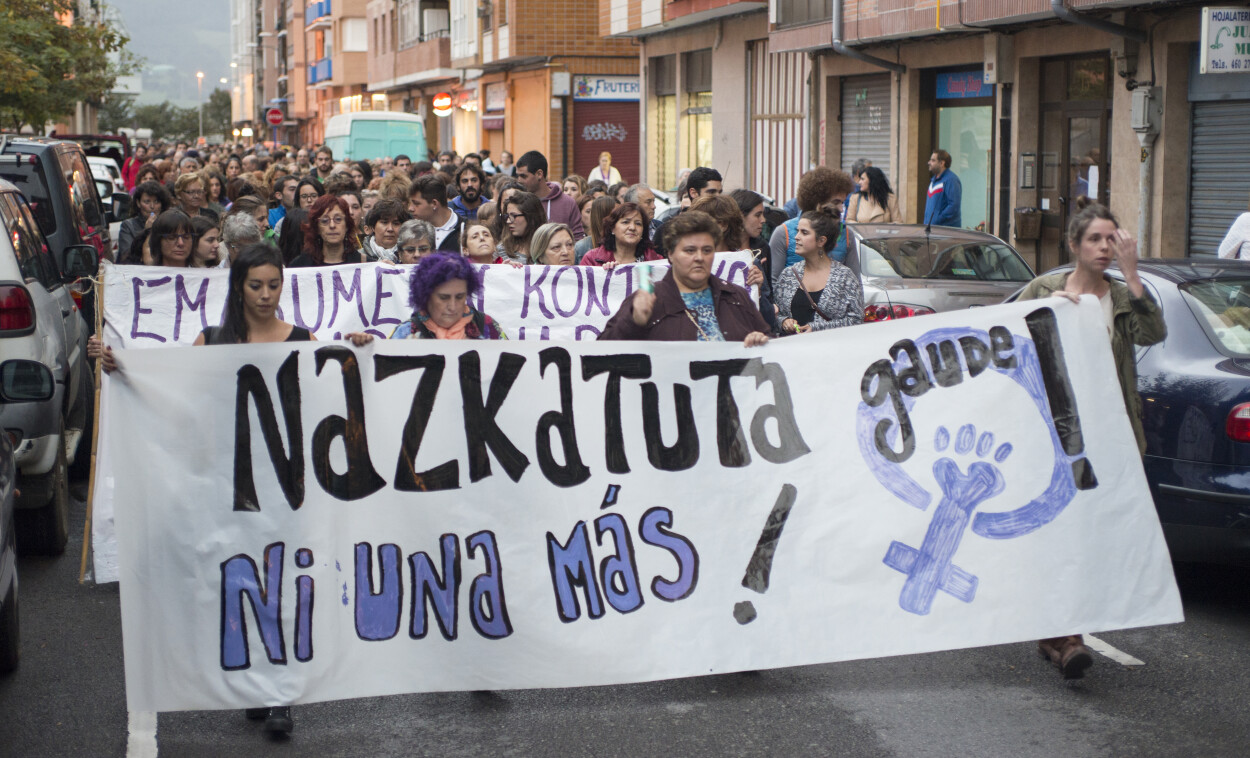Women's bodies on the battlefield: Testimony of Doctor Mukwege
- The UN Human Rights Committee in Geneva (Switzerland) has analysed in March the crimes against women committed in the East Congo wars by combatants on both sides. Alongside the political leaders, gynaecologist Denis Mukwege has appeared, who manages a specialized clinic for wounded women and whose books and films have made known in the world.
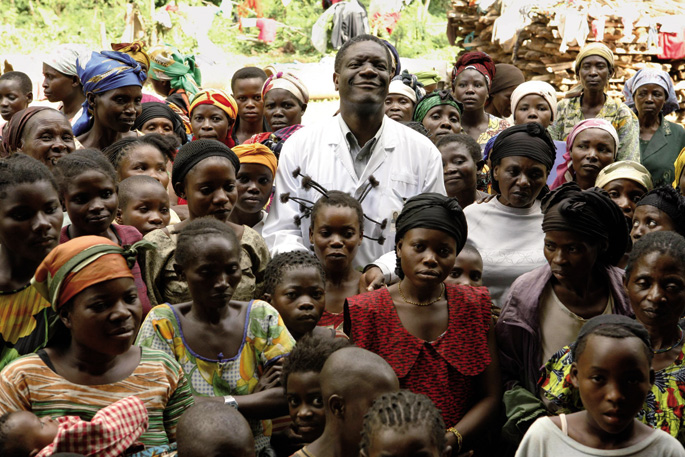
They have started presenting it in February in Europe and can also be bought on DVD, in French and English: “Man who solves women: The anger of Hippocrates.” Thierry Michel and Colette Braeckman take up in the film the trajectory of Dr. Denis Mukwege, who won the Sakharov Prize in 2014. More specifically, they have helped the famous Mukwege to make known to the four winds the weapon of war as terrible as hidden: sexual assaults against women.
Thousands of women have been raped by the Gudaris in the wars of these 20 years in eastern Congo. In the Congo, which, despite being the richest corner on the planet, has the poorest inhabitants of the world. From the hospital in Bukavu, counting the horrors made to women in the wars of the twenty-first century, who then strive to complete them as they can in hospitals, Mukwege has finally managed to attract the eyes of the United Nations and some institutions to the Congo. But more importantly, women themselves have begun to talk about the broken curse in plain daylight. These are the protagonists, not the surgeon.
Born in Bukavu in 1955, the son of a Pentecostalist priest, he studied medicine in the Burundi district, specializing in pediatrics. Concerned about the problems faced by women in childbirth, she managed to get her gynecological apprenticeship in France, to return to Kongora, a clinic in the South Kivu region, which was still called Zaire.
In Kivu, it would be hard for him to fully capture civil wars in 1996. If it was not enough to see several murders and destroys, in addition to trying to kill him, Mukwege found one morning destroyed the hospital in Lemera, where all the sick who had taken refuge had died. Fleeing from Kivu, he returned in 1999 to his hometown of Bukavu, a new launch clinic in Panzi.
Mukwege tells how in 1999 a woman was admitted to the hospital with genital organs torn apart. The gynecologist considered her, treating her as she could, as a simple barbarism. “But after six months I realized it was repeated with many other women: ‘They raped me and then they put a bayonet into my vagina. They raped me and then burned the rubber on the shelf!”
He realized that, at that time, in the bloody conflict between the Kinshasa government and the armed groups against it, rape and destruction of female genital organs were often used as weapons of war. Mukwege and his team increasingly focused on learning and performing surgery to repair the breakdowns of victims of sexual violence. The United Nations assures in its documentation of honour that Mukwege has served over 40,000 women worldwide during these years.
The NGO Human Rights Watch has published two years ago ‘La guerre dans la guerre: violence sexuelle contre les femmes et les filles dans l’est du Congo’, a document describing how all the parties have used sexual violence in the Congo, but it is also impossible to recognize the number of victims, ensuring that they are tens of thousands. To start with, we don't even know exactly how many people have died in the Congo wars, some experts talk about up to five million... On the other hand, talk about taboo for victims who are often also rejected by their community.
According to Mukwege, “the number of women we have seen is only the tip of the iceberg. Many live in fear of recognizing that they have been raped, with a concern that will then reject their husbands.” The taboo is so deeply rooted in society that the victim and the aggressor often live nearby: “The woman knows this man who lives in the previous house, crosses him every morning, but unfortunately he has never had to take the crime.”
Rape, weapon of intimidation
At Panzi's clinic, at first, doctors and nurses focused on surgically repairing the wounds and shattering caused by the rape, until they realized it wasn't enough. “Many puppies, even after healing their wounds, refused to eat, drink, live… and ended up dying like a desire for suicide.” They were received by psychologists and social workers to work with women before the surgery began.
The help of several NGOs allows work in Panzi hospital and the follow-up of women after leaving the clinic, contributing in part to the reintegration of victims into their society. A legal clinic has also been set up to help victims who wish to go to court.
Dr. Mukwege has been killed several times, the last one in 2012, and today, he and Panzi Hospital are protected by UN blue helmets. Not all nurses and auxiliaries working with Mukwege have been equally lucky and some of them have been raped.
Thierry Michel and Colette Braeckman, authors of l’homme qui repares les femmes, recall that the bloody Congo war has had a very limited media echo. The Middle East wars, whether in Palestine, Syria or Iraq, have arrived very few images of the Congo, despite being the bloodiest conflict in recent decades, heavily influenced by the control of the minerals in its subsoil. In the absence of images and echoes, the forests of Africa have been filled with even more cruel ferocyties.
Rape of children, as well as adults, is common in the East Congo war, despite the fact that recent wars have been suppressed. “Women’s bodies have become real battlefields and rape has been used as a weapon of war,” says Mukwege. “I see my wife in every raped woman. Every raped mother is my mother, and every raped child is my son. We have lost so much time in repairing the damage caused by violence, that it is time to start taking care of its causes.”
Along with the film they have also published a book, Le viol, a me of terreur, in which he delves into the line that Mukwege has worked. It analyses how the media are so lazy in dealing with these crimes against women and children.
If some humanitarian organizations are accused of instrumentalizing for being eye-catching in the eyes of the public, the press gives them little space and makes them disappear quickly before sight. A journalist tells what the editor-in-chief answered when he proposed the article: "Rape?" Recently we made another piece of news with this.”
We learned this week that the Court of Getxo has closed the case of 4-year-old children from the Europa School. This leads us to ask: are the judicial, police, etc. authorities prepared to respond to the children’s requests? Are our children really protected when they are... [+]
Bi erizainetatik batek lanean eraso sexistak jasaten dituela azalerazi du Erizainen Ordenak joan den urte bukaeran egin ikerketak. 21.000 erizainek ihardetsi dute, sektore pribatu, publiko eta liberaletik. Hauetan 2.500 gizonak dira.
Today, the voices of women and children remain within a culture that delegitimizes their voices, silencing their experiences, within a system aimed at minimizing or ignoring their basic rights and needs. A media example of this problem is the case of Juana Rivas, but her story... [+]











_2.jpg)
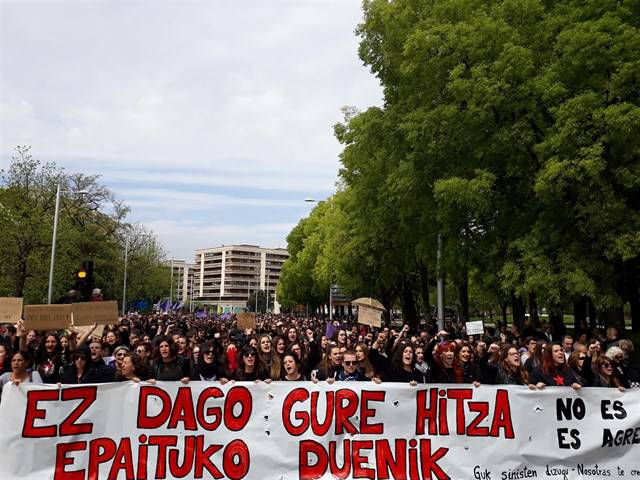
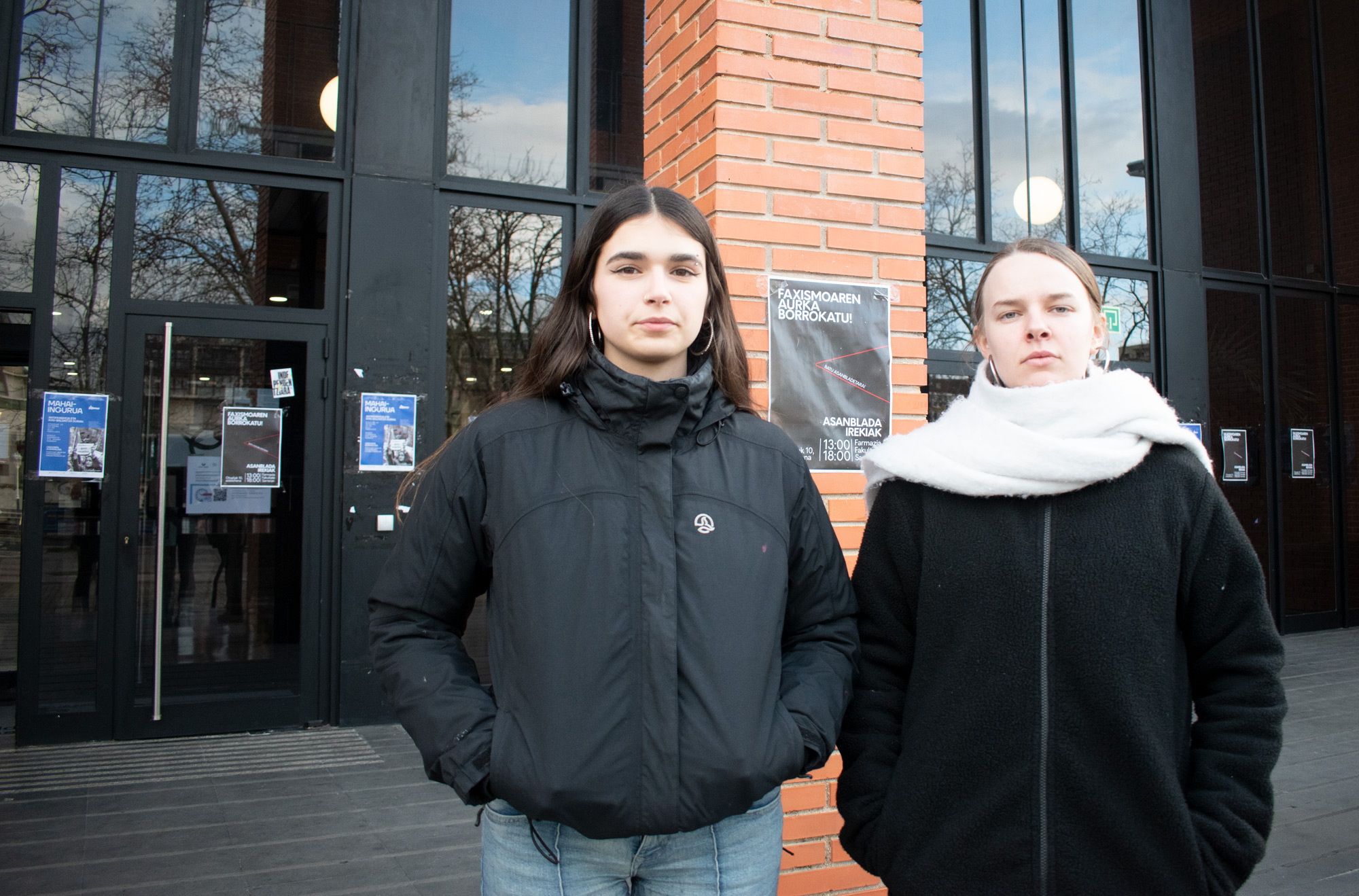
_2.jpg)
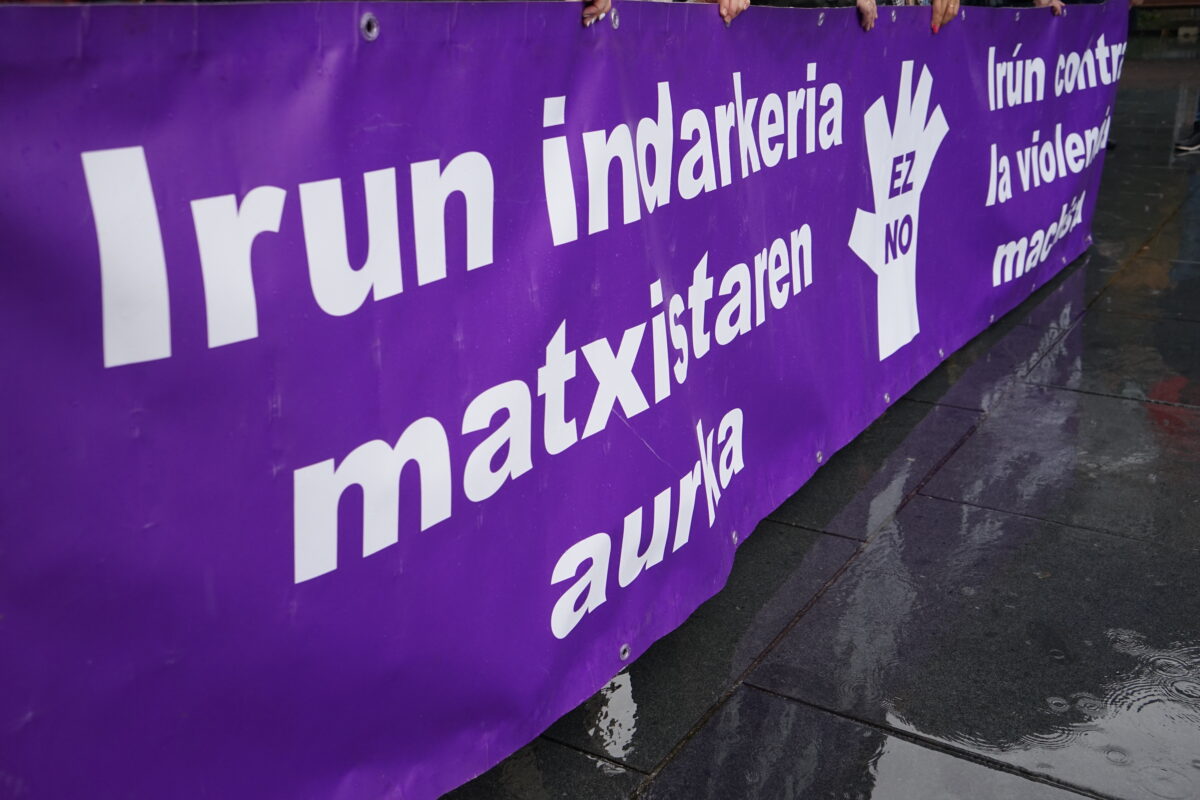
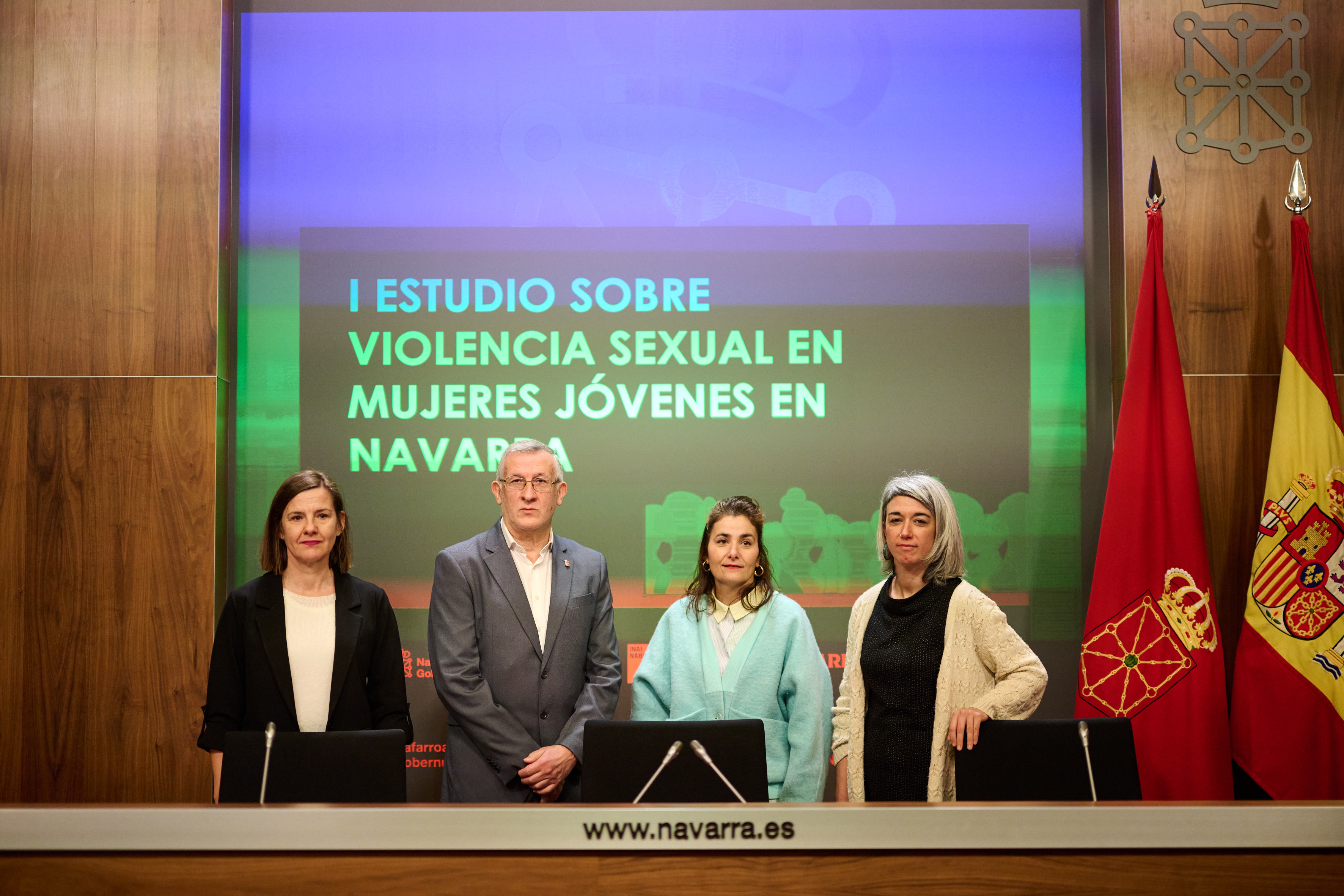

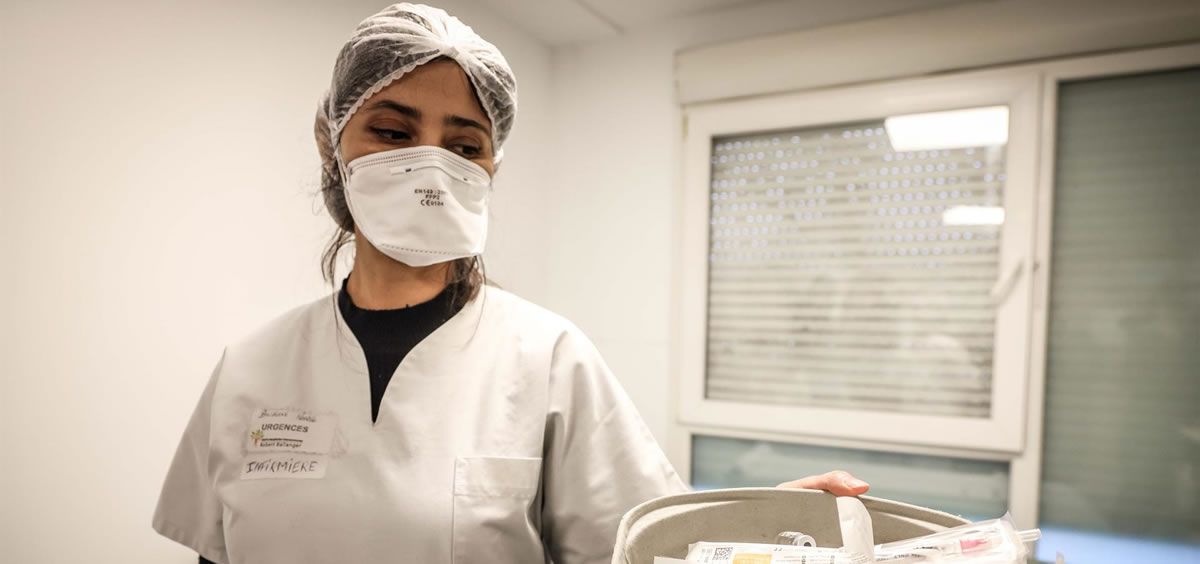
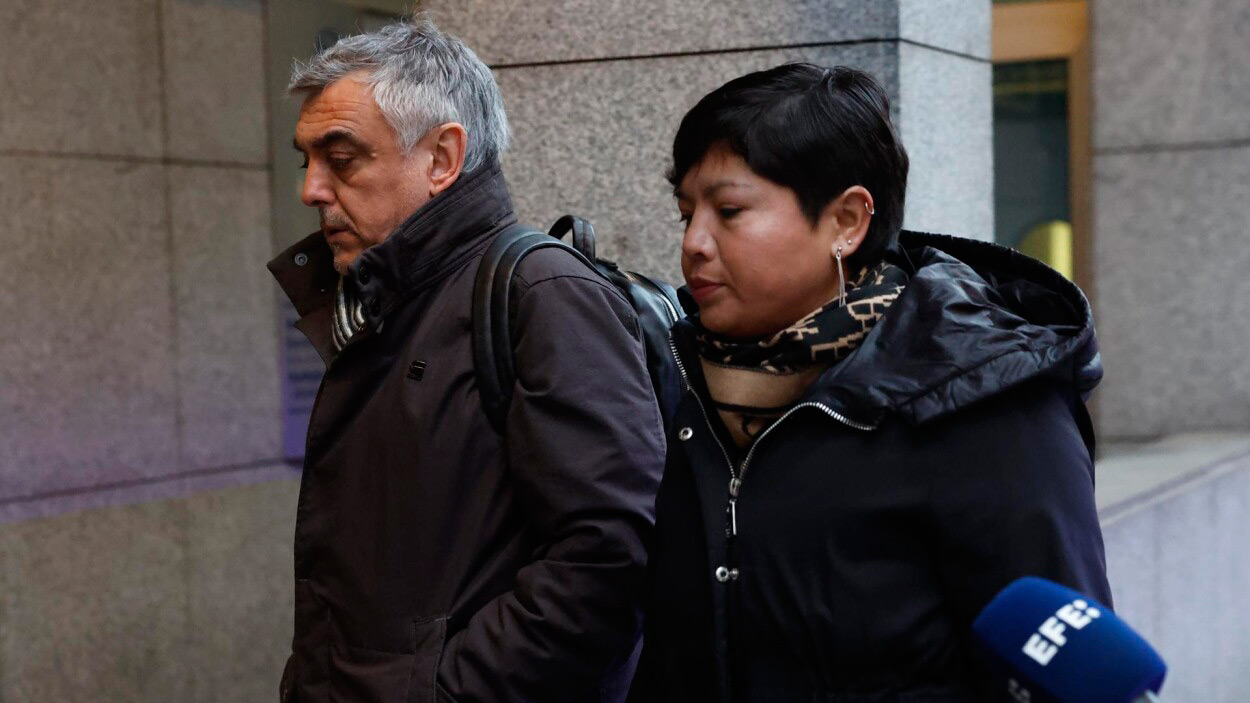


.jpg)
